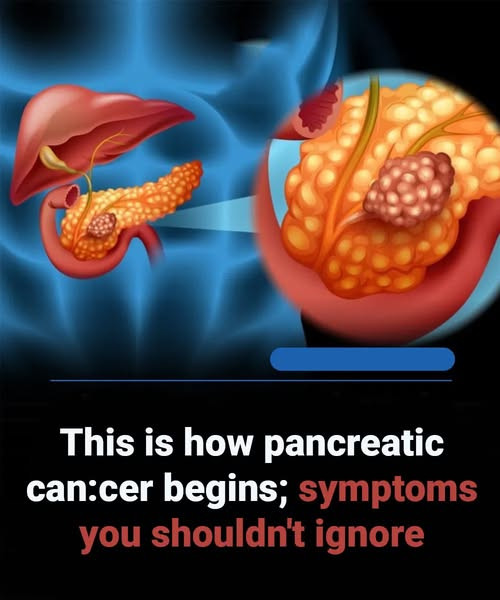ADVERTISEMENT
### **Treatment Options**
Treatment depends on the cancer’s stage, location, and the patient’s overall health:
* **Surgical Resection**: If the tumor is localized and operable, surgery can offer a chance for cure. The Whipple procedure is a common surgery for tumors in the head of the pancreas.
* **Chemotherapy**: Drugs like gemcitabine and FOLFIRINOX are used to kill cancer cells or slow their growth.
* **Radiation Therapy**: High-energy rays can target and destroy cancer cells, often used in conjunction with surgery or chemotherapy.
* **Targeted Therapy**: Drugs that target specific genetic mutations, such as those in the KRAS gene, are being explored in clinical trials.
* **Immunotherapy**: Treatments that stimulate the body’s immune system to fight cancer are under investigation.
—
### **Prevention and Early Detection**
While not all cases of pancreatic cancer can be prevented, certain lifestyle changes may reduce risk:
* **Avoid Smoking**: Quitting tobacco use decreases the risk of pancreatic cancer.
* **Maintain a Healthy Weight**: Regular exercise and a balanced diet can help prevent obesity.
* **Limit Alcohol Consumption**: Excessive alcohol intake is linked to chronic pancreatitis and increased cancer risk.
* **Manage Diabetes**: Proper management of blood sugar levels can reduce complications associated with pancreatic cancer.
Early detection remains challenging due to the lack of specific symptoms in the initial stages. Ongoing research aims to develop screening methods for high-risk individuals.
—
### **Prognosis**
The prognosis for pancreatic cancer varies:
* **Localized Disease**: If detected early and surgically removed, the prognosis can be more favorable.
* **Advanced Disease**: Once the cancer has spread, treatment focuses on palliative care to manage symptoms and improve quality of life.
* **Overall Survival Rates**: The five-year survival rate for pancreatic cancer is approximately 13%, but this varies based on factors like stage at diagnosis and treatment response .
—
**Conclusion**
Pancreatic cancer is a complex and aggressive disease with a challenging prognosis. Awareness of its symptoms and risk factors is crucial for early detection and improved outcomes. Ongoing research into its molecular mechanisms and treatment options offers hope for better therapies and, ultimately, a cure. If you experience persistent symptoms or have risk factors for pancreatic cancer, consult a healthcare professional for evaluation and possible screening.
—
**Recent Developments in Pancreatic Cancer Research**
* **Genetic Insights**: Recent studies have uncovered that pancreatic cancer can deactivate the HNF4A gene through DNA methylation, contributing to its rapid growth and spread .([wired.com][1])
* **Therapeutic Advances**: Researchers are exploring targeted therapies that address specific genetic mutations in pancreatic cancer cells, aiming to improve treatment efficacy .
* **Early Detection Efforts**: Ongoing research is focused on developing screening methods for high-risk individuals to enable earlier diagnosis and intervention.
—
**Note**: This article provides general information and should not be used as a substitute for professional medical advice. Always consult a healthcare provider for concerns about pancreatic cancer or any other health conditions.
[1]: https://www.wired.com/story/pancreas-pancreatic-cancer-dna-methylation?utm_source=chatgpt.com “Pancreatic Cancer Turns Off a Key Gene in Order to Grow”
